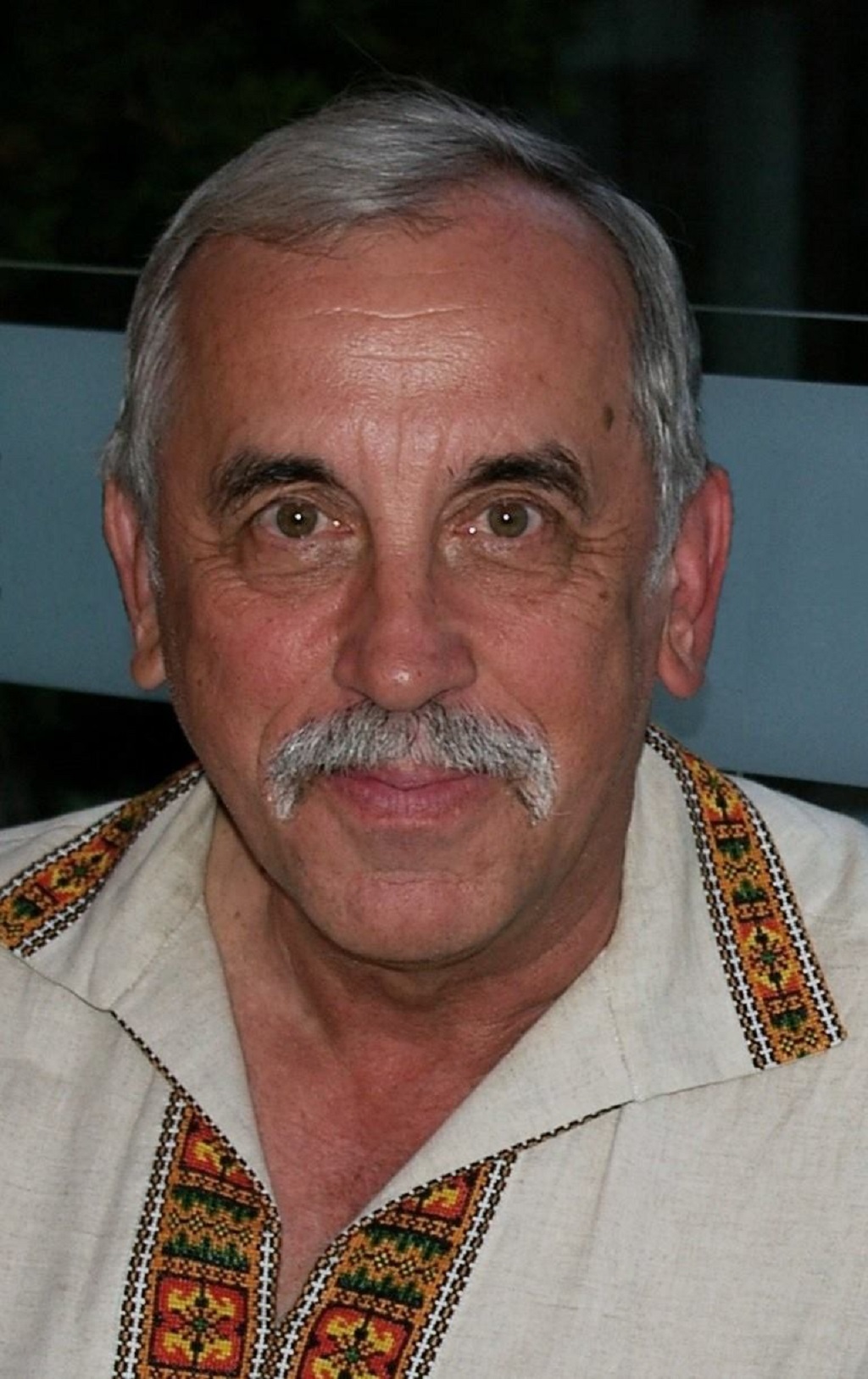Volodymyr Kish.
In modern societies, our lives, activities, rights and freedoms are governed by what philosophers have labelled the “social contract.” The Encyclopedia Britannica defines the social contract as “an actual or hypothetical compact, or agreement, between the ruled and their rulers, defining the rights and duties of each.” This contract, in most democratic countries, is defined in detail in the form of a constitution or a charter/bill of rights and freedoms. In practical terms it not only specifies what rights and freedoms we have as individuals to engage in “life, liberty, and the pursuit of happiness”, but it also identifies the limits of those rights and freedoms in the interests of insuring the safety, security and orderly functioning of the societies we live in, and the economies that support them.
These limitations are crucial towards maintaining peaceful, orderly and successful societies. No individual has or is entitled to unlimited freedom to do whatever he or she wants while ignoring the effects that may have on other people. You are free to hold whatever political or religious beliefs you want, but you are not free to impose those beliefs on other people who may not share those views. You are free to move about wherever you want by foot, car, train or plane, but in exercising that freedom of movement, you must abide by the appropriate licensing requirements, speed limits, rules of the road and safety regulations as defined by the appropriate regulatory authorities. In your residence or on your property, you are free to engage in whatever activities you like, but you must still conform to building codes, zoning policies and local bylaws. In most cities you cannot, for instance have open bonfires in your backyard or raise pigs, as those might interfere with your neighbour’s abilities and freedom to enjoy their properties. In a restaurant, office or public space you are free to go about your business, but you are not allowed to smoke, be nude or create a public disturbance by loud or unseemly acts that might disturb or threaten other people in the same space.
This balance between rights and freedoms on the one hand, and social responsibilities and duties on the other hand, has become a hotly debated and divisive issue of late because of the COVID pandemic and the measures that various levels of government have put in place to deal with it. There is a strongly vocal minority in most countries that is resisting the restrictions, vaccinations and masking requirements as well as other mandates that have been put in place to combat the global scourge of this virus. These protests are for the most part misguided and demonstrate a lack of basic understanding about how societies function and the nature of the social contracts that govern those functions.
Let’s just take the subject of vaccinations as an example. The scientists, medical establishment and governing authorities have determined that based on the best available research, experiential evidence and facts, people should get vaccinated to provide the best possible defence against the virus for society as a whole. Therefore, they urge and incentivize everyone to do so. There is no law or obligation to force everyone to vaccinate. You do not need to vaccinate if for whatever reason you choose not to.
However, if you do make this choice, you will need to accept certain consequences. There are laws, rules and regulations that have been put into place that will restrict what you can do and where you can go if you are not vaccinated. This is part and parcel of the current social contract. You cannot exercise that option and demand the same freedom of action and rights as those who have been vaccinated. Being unvaccinated, you pose a significant risk to others in society who may be particularly vulnerable to the virus. You cannot force that risk on others and endanger their health and security in the name of your “individual rights and freedoms.” Your rights and freedoms stop when they endanger the rights and freedoms of others. By all means don’t get a vaccine if you strongly object to it; but then don’t be surprised and then whine and complain when you are not allowed the same scope of activities and freedoms as someone who is vaccinated and has upheld their end of the social contract.
As a citizen of a democratic country and society you have the right to disagree with current government policies and the existing social contract, but you do not have the right to disobey the laws of the land. You can engage in peaceful protest, you can lobby and engage in legitimate political activism, and you can exercise your voting rights at times of election to try and effect political and legal change, but you do not have the right to pick and chose what laws and rules you will follow and those you will ignore. That is not how society works.
Share on Social Media




































